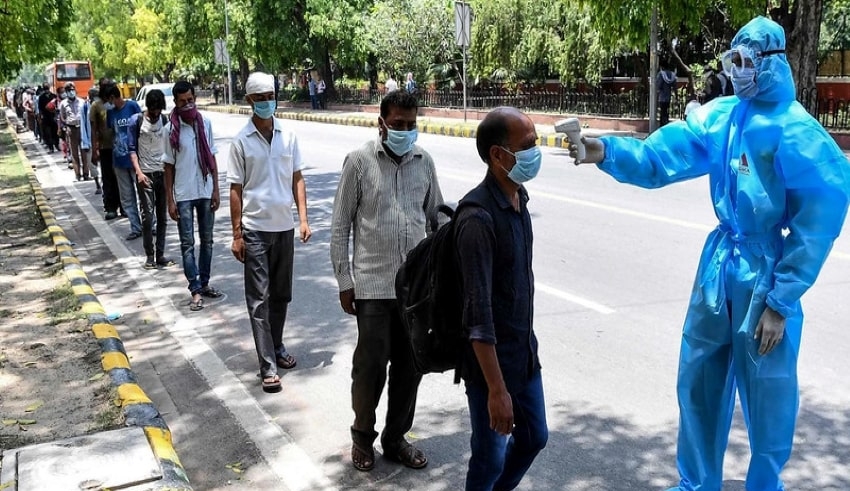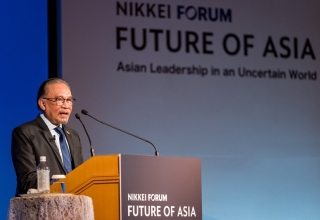
The Goods and Services Tax (GST), one of the biggest reforms, if not the largest, by Indian Prime Minister Narendra Modi, has run into trouble at the back of the coronavirus pandemic and a contracting economy. The GST, which cut a network of taxes at the federal and state levels, was a huge political victory for Mr. Modi, who pulled off a reform in 2017 due to his majority that previous governments had attempted and failed due to lack of political support.
Currently, the levy, based on cooperation between states and the federal government, has run into trouble with the pandemic coronavirus and low GST collections resulting in a revenue shortfall of 2.35 trillion rupees (S$43.7 billion). Finance minister Nirmala Sitharaman late last month declared that the federal government would not be able to reimburse states. Instead she asked states to borrow, among other options, the amount from India’s Reserve Bank.
Compensating states was the basis on which the GST was agreed because it had doubting states committing to a scheme of revenue sharing to compensate for the loss of state taxes such as the value added tax.
The outcome was strong opposition from at least five states of the opposition that accused the federal government of going against the principle of federalism and reneging on the compensation agreement.
The West Bengal government has called the move a “anticipated policy to abolish federalism” while the Delhi government has called it the “greatest deception” in India’s federal history.
In the first five years, states were given full compensation under the GST Act for any loss of revenue. This reward was to come out of a cessation on items of sin and luxury, including liquor and tobacco.The GST council, which governs GST and has members from the federal and state governments, will meet on September 19, 2020..
Reports from Indian media said the federal government is working on options, including paying part of compensation. But it does rely a great deal on whether states approve the compensation plan.
Some states have proposed hiking tax slabs or termination thresholds to raise revenue. This means putting more things into the slab of 28 per cent. India has four separate slabs ranging from 5 to 28 per cent for products and services. They also proposed borrowing from the federal government, and compensating the states.
Related Article: https://www.theasianaffairs.com/asean-news/2020/09/03/the-indian-economy-is-in-great-trouble-with-the-destruction-of-coronavirus/
























